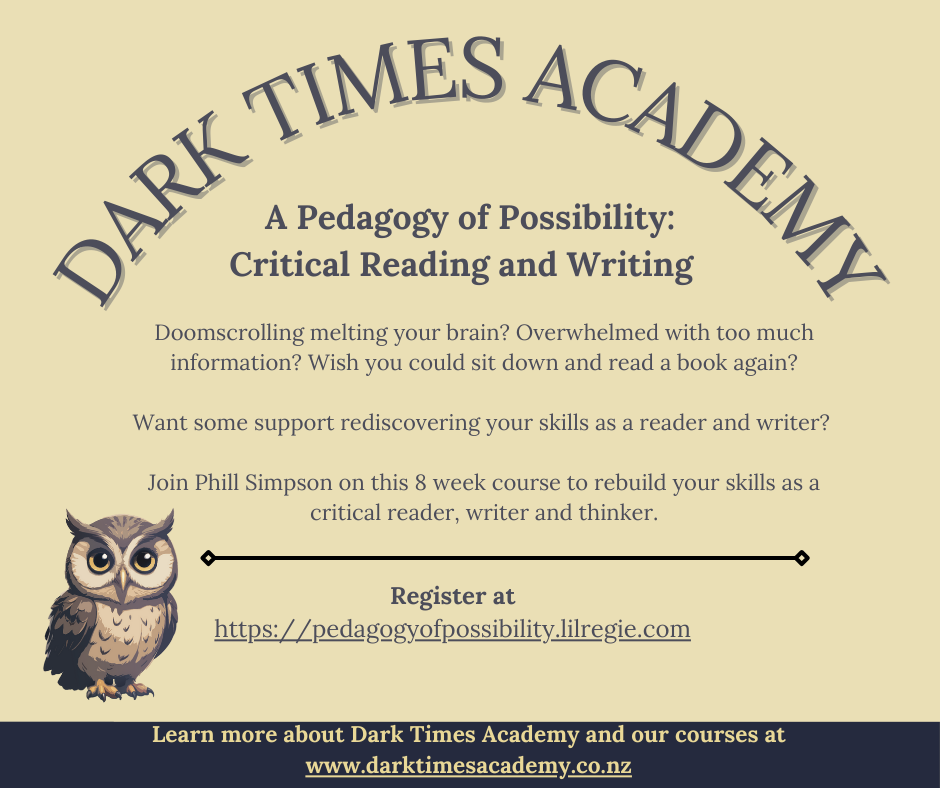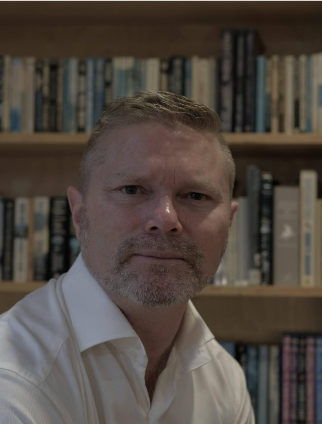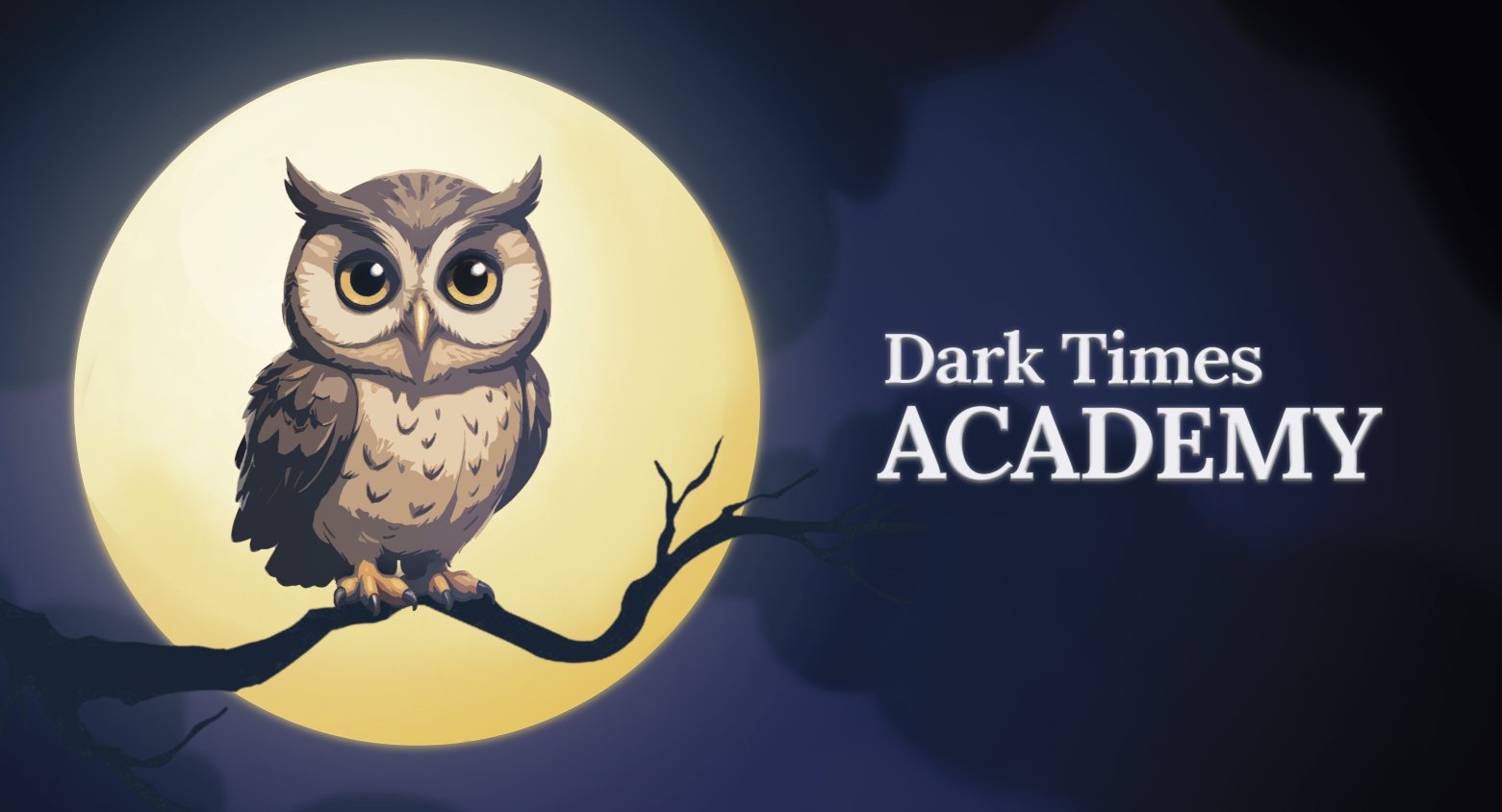
Register here.
Your Instructor
Dr. Phill Simpson is an award winning author, teacher and educational consultant with over 20 years teaching experience in the classroom. He holds a Doctorate in Education and a Masters degree in Creative Writing. He is particularly interested in the writing process, and is a strong advocate of literacy in both children and adults.

Session dates and times
This class meets online once a week for activities and discussion. If you can’t make it, we will seek consent from the group to record and share the lecture.
- This course starts on 2 October and runs through 27 November, with an optional make-up session on December 4
- Friday afternoons we will release the pre-recorded lecture for the following week.
- On Tuesdays at 7pm NZST/5pm AESTwe will meet on Zoom. These sessions will vary each week and include discussions, activities, and guest lecturers.
How this course works
Taking inspiration from the long history around the world of folk education, particularly the Scandinavian and Appalachian traditions, this course is designed to offer a fun, affordable and rigorous experience–that serves the needs of working adults.
Like all folk education, liberation and movement building is at the core of the course. We save ourselves together–and we educate ourselves to build solidarity, share tactics, and create a shared vision for a better future for all of us.
There’s no grades, no assessments, no credentials.
This is about learning for the love of learning and the love of each other.
Course Outline
Week 1: Introduction to Critical Reading and Writing
Understanding the importance of critical reading and writing skills. Differentiating between summary, analysis, and critique
Week 2: Developing Effective Reading Strategies
Active reading techniques and annotation methods. Identifying author’s purpose, tone, and argument. Practice exercises in active reading and annotation
Week 3: Analyzing Texts for Meaning and Structure
Recognizing different text structures (e.g., argumentative, narrative). Analyzing how structure influences meaning and interpretation
Week 4: Evaluating Sources and Evidence
Assessing credibility, bias, and reliability of sources. Lateral reading, evaluating evidence and supporting arguments. Critical review of an academic article or news piece
Week 5: Developing a Critical Writing Style
Crafting clear and concise thesis statements. Writing with clarity, coherence, and precision. Drafting and revising a persuasive essay
Week 6: Engaging with Different Perspectives
Considering multiple viewpoints and counterarguments. Constructing effective rebuttals and responses. Debate or discussion forum on a controversial topic
Week 7: Ethical Considerations in Critical Writing
Understanding plagiarism and academic integrity. Citing sources correctly
Week 8: Final Projects and Reflection
Finalizing and presenting the critical essay (voluntary). Reflecting on personal growth and future application
Course Tools
- Zoom, links will be sent out via email shortly before each class session begins
- Signal (optional)
We will be offering an optional “tech support session” early in the course so that you can ask questions, get help with Signal, and try out the tech tools we will be using.
Please come along if you need any help feeling comfortable with the tools we are using. If you aren’t comfortable with technology, please don’t worry! We will be happy to help you out and work to increase your comfort level.
Model for Each Week and Expectations
Each week will include a ~20-minute pre-recorded lecture and a 90-minute Zoom class session to discuss the material and engage in hands-on activities related to the course material.
We will also provide a list of resources including readings, podcasts, and videos for each week. You can choose to engage with these as we go along or save them for later.
Our goal is to provide readings at a range of levels—if you struggle with reading or have other literacy barriers, you should still find plenty of learning material for you.
You don’t have to be a reader to participate and we aim not to privilege those with better literacy skills.
You are good enough as you are.
Code of Conduct
Our goal is to create a vibrant and engaged learning community where we all prioritise learning and building relationships with each. This course and all Dark Times Academy classes and events aim to be accessible to all people regardless of age, disability, sexuality, background, religion, gender or ethnicity.
A respectful, open attitude towards others is expected from all. Harassment of any kind will not be tolerated and may result in your removal from the course.
Life is hard enough as it is; leading with kindness and patience is key to a great learning experience, one that ensures all members feel welcomed.
Anxiety, Busyness, and Stress
Doing an online course on top of your full-time job, care responsibilities, and other life stuff is really hard. It’s ok to fall behind! Please don’t let anxiety or stress lead you to avoid engaging or cause you to feel inadequate.
Do your best, it will be good enough. Ask for help if you need it. We are always happy to support you as best we can.
Accessibility
Please email mandy@darktimesacademy.co.nz with any accessibility needs. We are happy to work together to make this class work for you
Register here.

One response to “A Pedagogy of Possibility – critical reading and writing”
[…] should consider registering for “A Pedagogy of Possibility – Critical Reading and Writing” for several reasons. It offers an innovative approach to critical reading and writing, […]